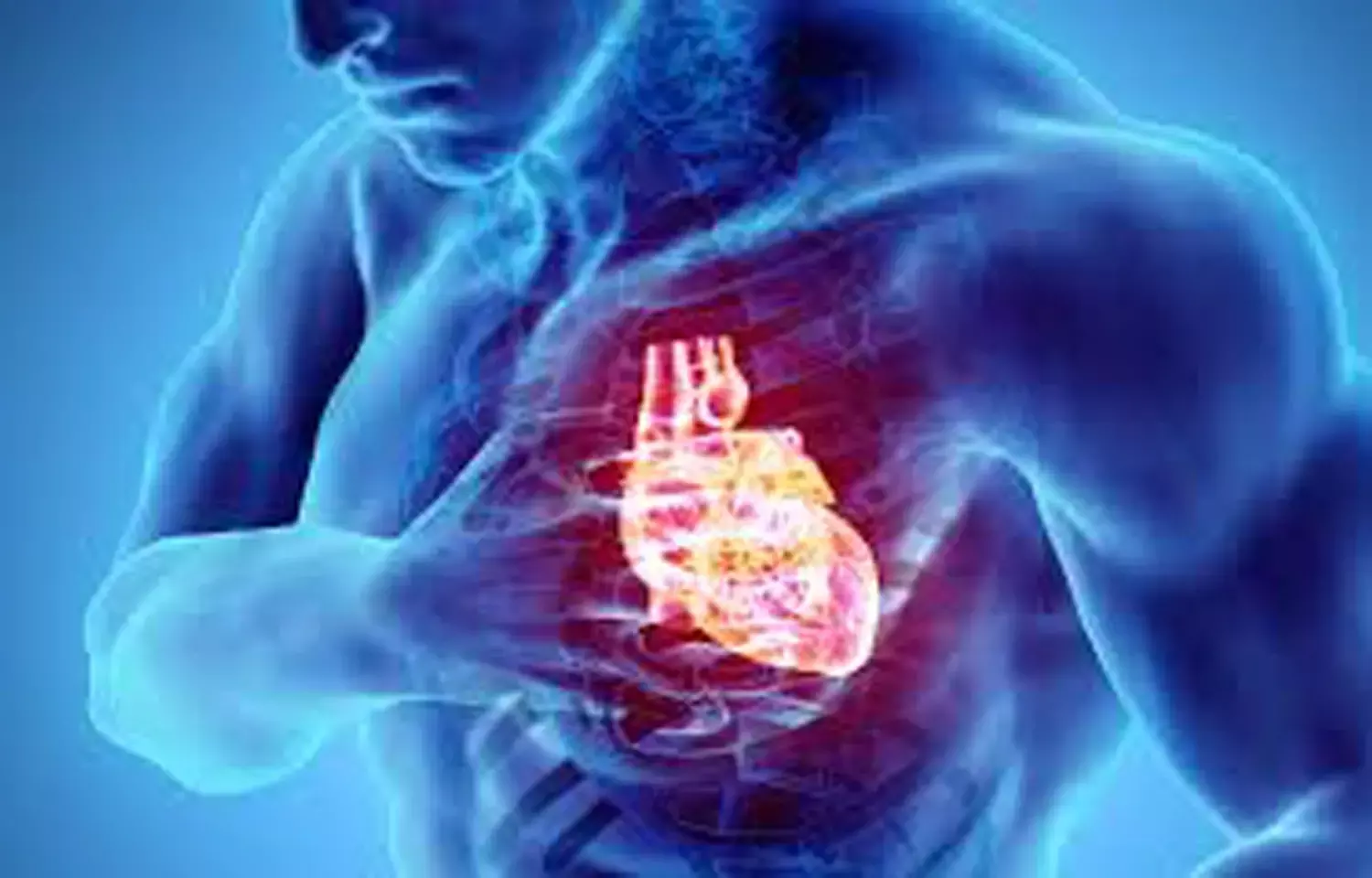- Home
- Medical news & Guidelines
- Anesthesiology
- Cardiology and CTVS
- Critical Care
- Dentistry
- Dermatology
- Diabetes and Endocrinology
- ENT
- Gastroenterology
- Medicine
- Nephrology
- Neurology
- Obstretics-Gynaecology
- Oncology
- Ophthalmology
- Orthopaedics
- Pediatrics-Neonatology
- Psychiatry
- Pulmonology
- Radiology
- Surgery
- Urology
- Laboratory Medicine
- Diet
- Nursing
- Paramedical
- Physiotherapy
- Health news
- Fact Check
- Bone Health Fact Check
- Brain Health Fact Check
- Cancer Related Fact Check
- Child Care Fact Check
- Dental and oral health fact check
- Diabetes and metabolic health fact check
- Diet and Nutrition Fact Check
- Eye and ENT Care Fact Check
- Fitness fact check
- Gut health fact check
- Heart health fact check
- Kidney health fact check
- Medical education fact check
- Men's health fact check
- Respiratory fact check
- Skin and hair care fact check
- Vaccine and Immunization fact check
- Women's health fact check
- AYUSH
- State News
- Andaman and Nicobar Islands
- Andhra Pradesh
- Arunachal Pradesh
- Assam
- Bihar
- Chandigarh
- Chattisgarh
- Dadra and Nagar Haveli
- Daman and Diu
- Delhi
- Goa
- Gujarat
- Haryana
- Himachal Pradesh
- Jammu & Kashmir
- Jharkhand
- Karnataka
- Kerala
- Ladakh
- Lakshadweep
- Madhya Pradesh
- Maharashtra
- Manipur
- Meghalaya
- Mizoram
- Nagaland
- Odisha
- Puducherry
- Punjab
- Rajasthan
- Sikkim
- Tamil Nadu
- Telangana
- Tripura
- Uttar Pradesh
- Uttrakhand
- West Bengal
- Medical Education
- Industry
Athletes unlikely to develop cardiac complications from COVID, study shows

DALLAS - While the lasting impact of COVID-19 on hospitalized patients in the general population is common and associated with adverse cardiac outcomes, evaluations of cardiac involvement of more than 3,000 college-aged, competitive athletes revealed no adverse cardiac events following COVID-19 infections and indicate a safe return-to-play for asymptomatic and mildly symptomatic athletes without additional cardiac testing, according to a study published today in the American Heart Association's flagship journal Circulation.
In this prospective, multicenter, observational cohort study with data collected from September 1 to December 31, 2020, from 42 colleges and universities in the U.S., researchers assessed the prevalence, clinical characteristics and outcomes of SARS-CoV-2 cardiac involvement among collegiate athletes using the Outcomes Registry for Cardiac Conditions in Athletes (ORCCA). ORCCA is a national registry, or research database, to track COVID-19 cases and heart-related impacts in NCAA athletes to drive improvements in screening and inform our understanding of cardiac involvement in college athletes who have had COVID-19.
"The very timely and largely reassuring data coming from the ORCCA registry were made possible by an amazing collaborative effort between the sports medicine and sports cardiology communities," said Aaron L. Baggish, M.D., co-principal investigator and director of the Cardiovascular Performance Program at Massachusetts General Hospital in Boston. "It is anticipated that ORCCA will continue to shape the way we protect the health of young competitive athletes well beyond the end of the COVID-19 pandemic."
Out of more than 19,000 athletes tested for SARS-CoV-2 infection, 3,018 tested positive for COVID-19 and underwent cardiac evaluation. A total of 2,820 athletes underwent at least one element of cardiac 'triad' testing (12-lead electrocardiography (ECG), troponin, and/or transthoracic echocardiography(TTE)), followed by cardiac magnetic resonance (CMR) if clinically indicated; and 198 athletes underwent a primary screening CMR.
Overall, the prevalence of probable or definite cardiac involvement from SARS-CoV-2 infection was 0.4%-1.5%. The diagnostic yield for probable or definite cardiac involvement was 6.7 times higher for a CMR obtained for clinical reasons (10.1%) versus a primary screening CMR (1.5%). The odds of having cardiac involvement was also 3.1 times higher in athletes with cardiopulmonary symptoms.
"This was an amazing collaboration within the sports medicine and cardiology community," said Jonathan A. Drezner, M.D., director of the UW Medicine Center for Sports Cardiology in Seattle and a co-principal investigator of the study. "Most athletes with no symptoms or mild illness from SARS-CoV-2 can return to sports safely without additional cardiac testing as long as they feel good on return to exercise and don't have cardiopulmonary symptoms like chest pain."m
The American Heart Association and the American Medical Society for Sports Medicine (AMSSM) joined forces earlier this year to accelerate a critical new research initiative studying cardiac conditions in athletes, in part to speed new insights into the impact of COVID-19 to the cardiovascular system of college athletes and safety of return to play after diagnosis. The collaborative data registry will aid research on COVID-19, and, long-term, develop a deep knowledge base on cardiac disease in athletes beyond the pandemic. The registry has been developed with participation from the NCAA and has more than 60 schools currently contributing to the registry.
https://www.ahajournals.org/doi/10.1161/CIRCULATIONAHA.121.054824
Hina Zahid Joined Medical Dialogue in 2017 with a passion to work as a Reporter. She coordinates with various national and international journals and association and covers all the stories related to Medical guidelines, Medical Journals, rare medical surgeries as well as all the updates in the medical field. Email: editorial@medicaldialogues.in. Contact no. 011-43720751
Dr Kamal Kant Kohli-MBBS, DTCD- a chest specialist with more than 30 years of practice and a flair for writing clinical articles, Dr Kamal Kant Kohli joined Medical Dialogues as a Chief Editor of Medical News. Besides writing articles, as an editor, he proofreads and verifies all the medical content published on Medical Dialogues including those coming from journals, studies,medical conferences,guidelines etc. Email: drkohli@medicaldialogues.in. Contact no. 011-43720751


